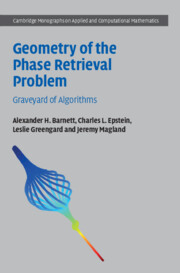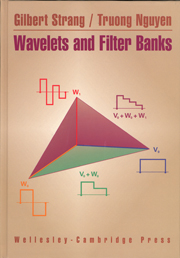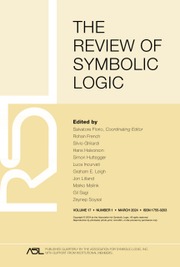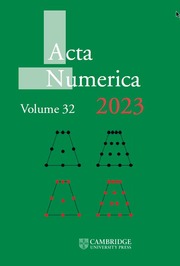Geometry of the Phase Retrieval Problem
Recovering the phase of the Fourier transform is a ubiquitous problem in imaging applications from astronomy to nanoscale X-ray diffraction imaging. Despite the efforts of a multitude of scientists, from astronomers to mathematicians, there is, as yet, no satisfactory theoretical or algorithmic solution to this class of problems. Written for mathematicians, physicists and engineers working in image analysis and reconstruction, this book introduces a conceptual, geometric framework for the analysis of these problems, leading to a deeper understanding of the essential, algorithmically independent, difficulty of their solutions. Using this framework, the book studies standard algorithms and a range of theoretical issues in phase retrieval and provides several new algorithms and approaches to this problem with the potential to improve the reconstructed images. The book is lavishly illustrated with the results of numerous numerical experiments that motivate the theoretical development and place it in the context of practical applications.
- Features a careful analysis of the class of maps used in most algorithms, called hybrid iterative maps, including a complete description of the geometry underlying this class of maps that reveals many surprising properties
- Equips the reader with tools to easily see when an algorithm provides reliable phase information for particular frequencies
- Contains extensive background material on the mathematics employed in the book, making it accessible to a wide range of technically sophisticated physicists and engineers with an interest in phase retrieval
- Includes nearly 200 color illustrations, including numerical examples whose results are displayed graphically
Product details
No date availableAdobe eBook Reader
9781009008556
0 pages
Table of Contents
- Part I. Theoretical Foundations:
- 1. The geometry near an intersection
- 2. Well posedness
- 3. Uniqueness and the non-negativity constraint
- 4. Some preliminary conclusions
- Part II. Analysis of Algorithms for Phase Retrieval:
- 6. Introduction to Part II
- 7. Algorithms for Phase Retrieval
- 8. Discrete classical phase retrieval
- 9. The non-negativity constraint
- 10. Asymptotics of hybrid iterative maps
- Part III. Further Properties of Hybrid Iterative Algorithms and Suggestions for Improvement:
- 11. Introduction to Part III
- 12. Statistics of algorithms
- 13. Suggestions for improvements
- 14. Concluding Remarks
- 15. Notational conventions.







